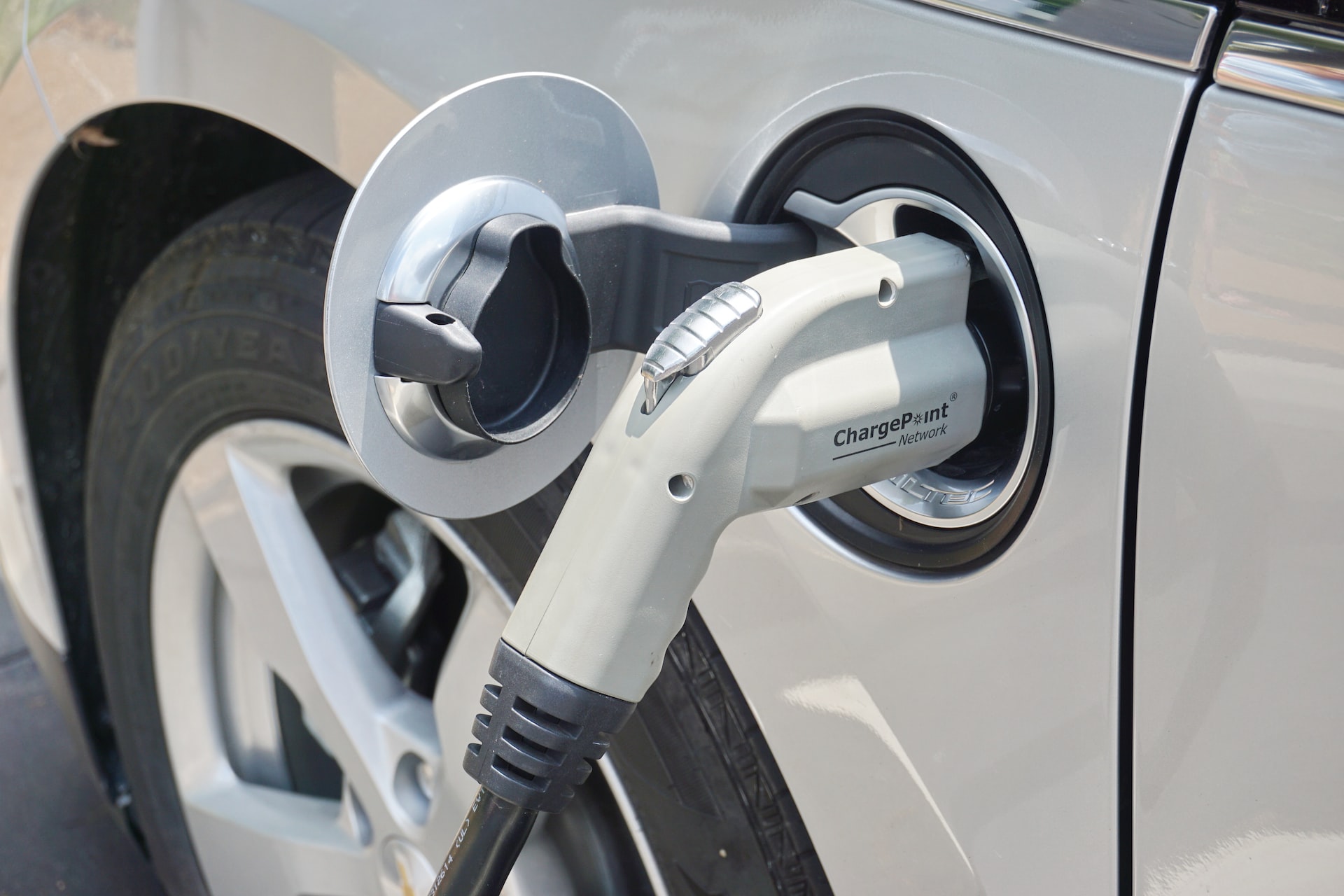Electric vehicles are now exempt from fringe benefits tax (FBT) in Australia, which can potentially save buyers over $30,000. As such, more business owners are transitioning their fleets to electric vehicles – although leasing companies say the waiting list for popular models spans several months. The FTB policy essentially means if someone earning $95,000 a year purchases a new Tesla with a 36-month novated lease, their take-home salary is cut by $1364 per month – almost $500 less than under pre-existing rules.
Boosting EV uptake
Although business fleets (including both government and company vehicles) account for 40% of light vehicle sales, virtually none of these are EVs. In fact, only 488 EVs were purchased by business fleets in 2020 – with previous federal taxation laws a key driver of these low numbers. “The tax regime at the moment is a disincentive to buy EVs and that explains why there’s an uptake of only 488 vehicles, which is pretty pathetic”, says Anna Mortimore, a tax expert at Griffith University. Fortunately, the FBT policy is set to boost EV uptake, since fleet managers are responsible for a significant portion of overall vehicle purchases. “Business fleets are the silver bullet solution to EV uptake”, Ms. Mortimore says. Moreover, efficient charging capabilities are also another key factor influencing the adoption of EVs. Mild hybrid electric vehicles (MHEVs), in particular, are specifically designed to boost performance and fuel economy, which makes them a popular option. MHEVs with 48-volt technology specifically feature a rechargeable battery that works to minimize strain on the internal combustion engine and even save fuel during traffic hold-ups, for example.
The way forward for fleets
Nigel Malcolm, owner of Fleetcare, says inquiries about EV leases have increased by 67% following implementation of the new policy. “The FBT exemption has had a significant impact and by way of example, a three-year lease on a $50,000 EV will have about the same monthly cost to the individual as a $30,000 (internal combustion engine) vehicle,” explains Mr. Malcolm. “For fleets, the feedback has been almost universally positive, or at the very least accepting, with fleet managers all understanding that the move to EVs is happening”. Most fleets are looking to transition within the next three to five years depending on a host of various factors, including availability, price, and existing infrastructure restrictions.
“The new law helps to address the higher cost of an EV which has acted as one of the key barriers for Australians when considering making the switch to a zero or low-emissions vehicle,” says Robert De Luca, McMillan Shakespeare Group CEO. Usually, for SG Fleet Group, 25% of inquiries are for EVs – a figure that’s increased following the FBT policy. “We’ve seen a marked increase in interest, but we won’t be able to satisfy all that demand until electric vehicle supply into Australia becomes comparable to other markets,” a company spokesman comments. “While global production is approaching pre-COVID levels, there’s a two-year backlog to catch up on”.
















